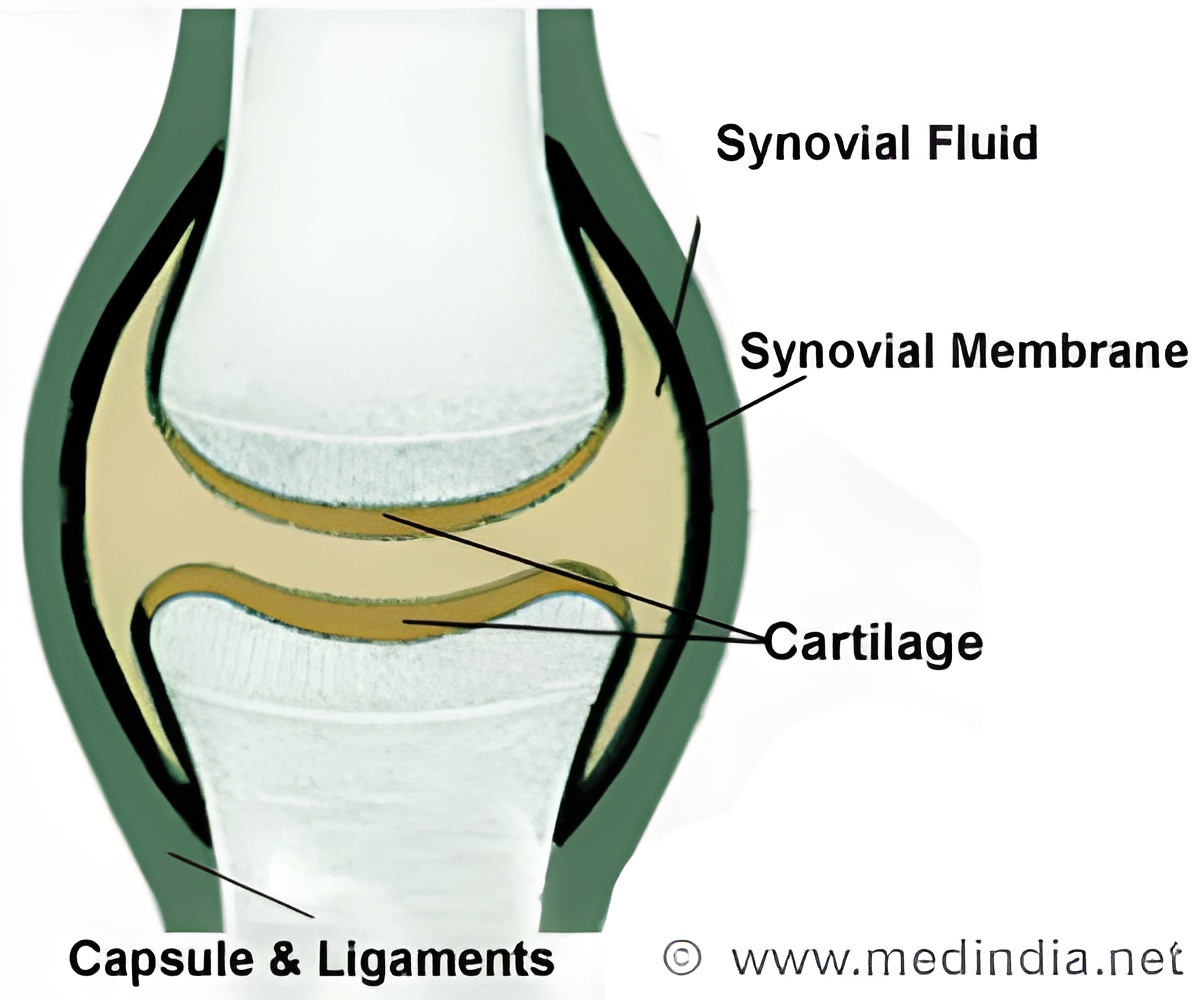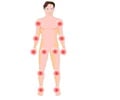Good news for arthritis patients-minimally invasive surgeries and new drugs are on the horizon.

Enter-the new class of drugs that works both ways-combats pain, as well as prevents the degeneration of the joints-the biologics, DMARD’s (disease-modifying anti-rheumatic drugs). Taken earlier, they can stop atleast 90% deterioration of joints. Some common biologics include Enbrel, Humira, Cimzia, Actemra, Kineret and Orencia. Also, the FDA has now approved a new drug-Xeljanz (tofacitinib), which may be used effectively to treat rheumatoid arthritis. This new drug may prove to be extremely beneficial to those intolerant to methotrexate.
Ayurvedic treatments: Treatment for a person suffering from arthritis differs for each individual, depending largely on his/ her condition, the severity of the symptoms, the extent of degeneration and even the gender of the individual. It is therefore, virtually impossible to detect the perfect treatment for an individual.
It is rightly said, ‘when all else fails, go back to nature’. Hundreds of patients suffering from osteoarthritis and rheumatoid arthritis have experienced more benefits in Ayurvedic forms of treatment than the conventional medications and drugs. The Ayurvedic treatment includes a combination of herbal pouch massages, shirodhara (a technique using different oils which are poured down onto the patient’s head in a steady stream) and herbal pastes and packs (mostly applied on the area affected). Dietary changes are also an important part of the holistic mode of this treatment.
Surgical treatments: Scientists have been performing an exhaustive number of knee and hip replacement surgeries for decades now, but with the introduction of newer, less invasive surgical procedures, the scenario is about to change.
Articular surface replacement (ASR), a new minimally invasive alternative to the traditional hip replacement surgery, has proved to be beneficial for the younger patients being affected by hip and femur degenerations. This replacement technique offers you a choice of MOM (metal on metal) and COC (ceramic on ceramic) replacements. Younger, active individuals should opt for MOM replacement whereas the elderly and pregnant women should stick to COC implant to minimize the risk caused by metallic ions that arise as a result of the friction.
Source-Medindia














